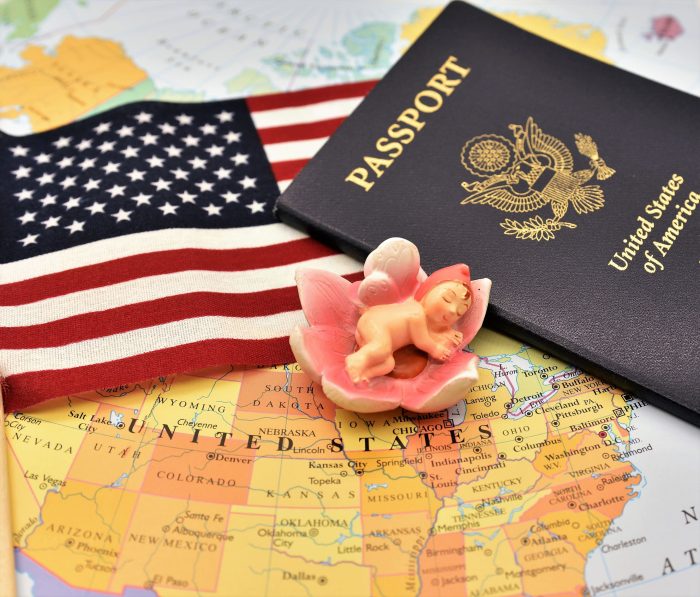What Is Birthright Citizenship?
We often speak of those seeking US citizenship and the various ways in which different groups of people could potentially receive said status. However, a large proportion of US citizens are made up of those who have received birthright citizenship. This means that because of their birth having taken place in the US, they automatically receive US citizenship. This form of citizenship can be compared to naturalization, which is the path that allows non-residents to become citizens.
 The birthright is afforded to individuals according to the 14th amendment of the US Constitution. Any change to birthright citizenship would require amending the Constitution, which can be an enormous effort. It applies to those born in the US and anywhere else that is subject to US jurisdiction. Other jurisdictions include territories in Puerto Rico and the US Virgin Islands. Even though these territories are not US States, those born there become citizens. In some cases, the mother may not be able to give birth on land, thereby requiring a birth in US waters or air. Those born in US waters or airspace also have birthright citizenship.
The birthright is afforded to individuals according to the 14th amendment of the US Constitution. Any change to birthright citizenship would require amending the Constitution, which can be an enormous effort. It applies to those born in the US and anywhere else that is subject to US jurisdiction. Other jurisdictions include territories in Puerto Rico and the US Virgin Islands. Even though these territories are not US States, those born there become citizens. In some cases, the mother may not be able to give birth on land, thereby requiring a birth in US waters or air. Those born in US waters or airspace also have birthright citizenship.
The US Citizens and Taxation
Some of those who oppose birthright citizenship do so because of their disapproval of birth tourism; expecting mothers travel to the US on a tourist visa so that they can give birth in a hospital on US soil so that their child becomes an automatic US citizen. However, while this may be enticing for some, it is essential to understand that the US will still tax its citizens, regardless of where they live. Therefore, if someone becomes a US citizen, they will be subjected to US taxation rules and laws. It does not matter if the citizen has even lived in the US or not. As such, while birthright citizenship comes with benefits, it also requires compliance with US taxation regardless of location, which can be a burden for many.








 by Prozco®
by Prozco®